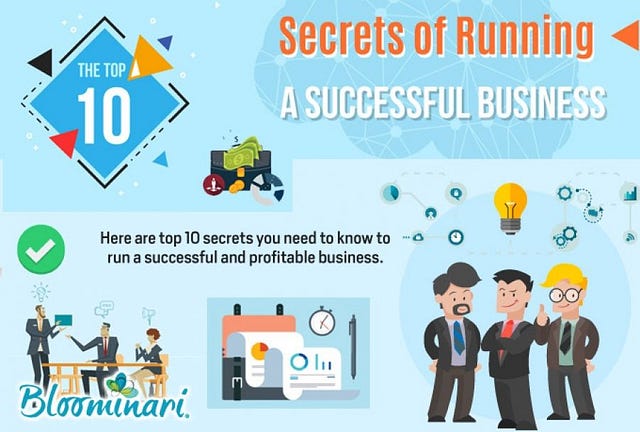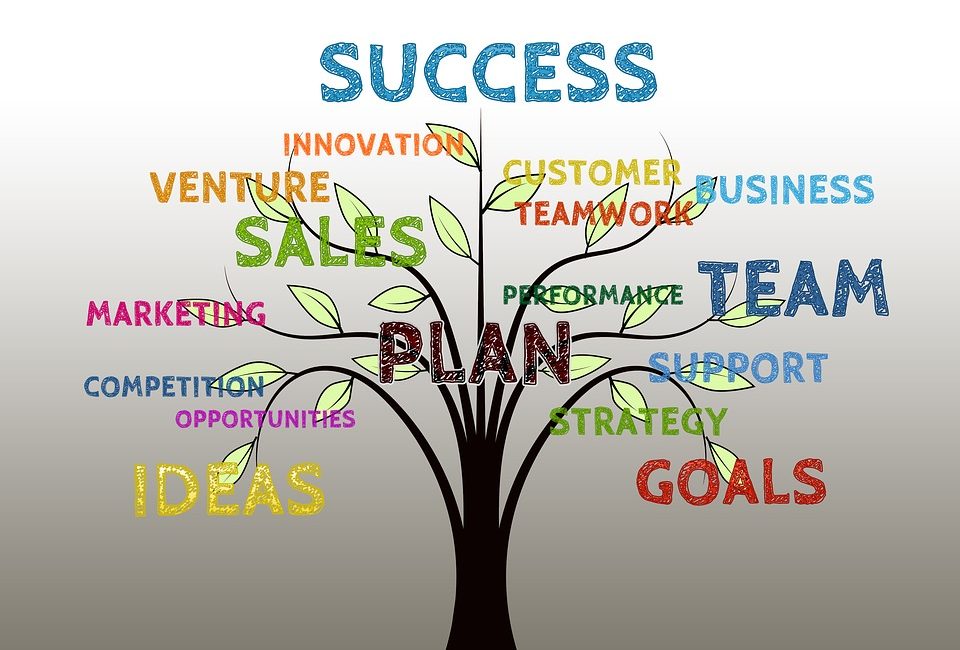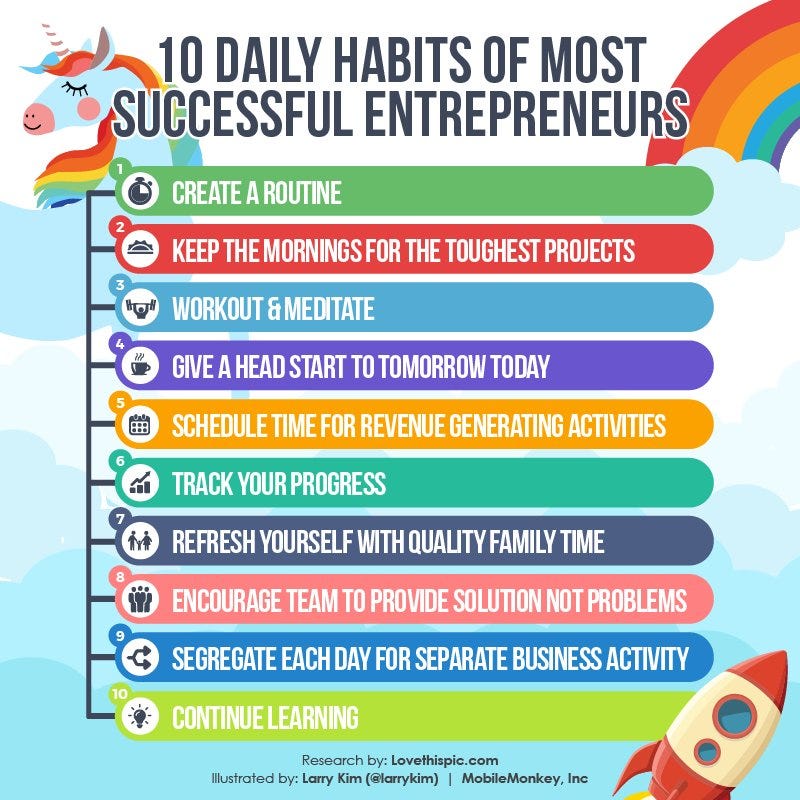How To Maintain A Business Successful

In today's fiercely competitive market, building a thriving business demands more than just a groundbreaking idea. It requires meticulous planning, relentless adaptation, and a deep understanding of both the market and your customer. Many ventures stumble not from lack of innovation, but from failing to implement sustainable strategies that foster growth and resilience.
This article will dissect the crucial elements of maintaining a successful business. The focus is on key strategies, from robust financial management and customer-centric operations to embracing technological advancements and fostering a strong company culture. Each element is crucial for longevity.
Financial Prudence: The Bedrock of Sustainability
Solid financial management is the cornerstone of any enduring business. Proper budgeting, accurate forecasting, and diligent expense tracking are not merely administrative tasks, they are vital tools for navigating economic uncertainties and ensuring profitability.
According to a report by the Small Business Administration (SBA), inadequate cash flow management is a leading cause of small business failures. Businesses need to maintain healthy cash reserves.
Budgeting and Forecasting: Planning for the Future
Creating a detailed budget allows businesses to allocate resources effectively and anticipate potential shortfalls. Regular forecasting provides a glimpse into future financial performance, enabling proactive adjustments to strategy.
The Harvard Business Review emphasizes the importance of scenario planning. This helps businesses prepare for a range of possible outcomes, from optimistic growth to potential downturns.
Expense Management: Controlling Costs
Careful monitoring and control of expenses are essential for maximizing profitability. This includes negotiating favorable terms with suppliers, streamlining operations to reduce waste, and leveraging technology to automate tasks.
"A penny saved is a penny earned," is a crucial motto for all business owners to remember. The savings are crucial for business longevity.
Customer-Centricity: Building Lasting Relationships
In today's interconnected world, customers hold immense power. Businesses must prioritize customer satisfaction to build loyalty, foster positive word-of-mouth referrals, and cultivate a strong brand reputation.
Zappos, for example, has built its success on exceptional customer service. Their commitment to exceeding customer expectations has created a loyal following.
Understanding Customer Needs: The Foundation of Success
Conducting thorough market research, gathering customer feedback, and analyzing buying patterns are crucial for understanding customer needs and preferences. This information informs product development, marketing strategies, and overall business decisions.
Customer Relationship Management (CRM) systems play a vital role. They help businesses track customer interactions and personalize their experiences.
Exceptional Service: Exceeding Expectations
Providing prompt, courteous, and personalized service is essential for building customer loyalty. Addressing customer complaints effectively and going the extra mile to resolve issues can turn dissatisfied customers into brand advocates.
"The customer is always right," is another important motto. It reflects the importance of customer satisfaction.
Embracing Technological Advancements: Staying Ahead of the Curve
Technology is rapidly transforming the business landscape, creating new opportunities for growth and efficiency. Businesses must embrace innovation to stay competitive and meet evolving customer expectations.
Artificial intelligence, cloud computing, and automation are just a few of the technologies that are reshaping industries.
Digital Marketing: Reaching a Wider Audience
Leveraging digital marketing channels, such as social media, search engine optimization (SEO), and email marketing, is essential for reaching a wider audience and building brand awareness. A robust online presence can significantly expand market reach.
"Content is king," in the digital marketing world. High-quality, engaging content attracts and retains customers.
Automation and Efficiency: Streamlining Operations
Automating repetitive tasks and streamlining operations can significantly improve efficiency and reduce costs. This allows businesses to focus on strategic initiatives and core competencies.
Implementing Enterprise Resource Planning (ERP) systems can integrate various business functions. This provides a unified view of operations and improves decision-making.
Cultivating a Strong Company Culture: Empowering Employees
A positive and supportive company culture is crucial for attracting and retaining top talent. Happy and engaged employees are more productive, innovative, and committed to the company's success.
Google is renowned for its employee-centric culture. It fosters creativity and innovation.
Employee Empowerment: Fostering Ownership
Empowering employees by providing them with autonomy, opportunities for growth, and recognition for their contributions fosters a sense of ownership and accountability. This leads to increased engagement and improved performance.
"Treat your employees exactly as you want them to treat your best customers." - Stephen Covey
Open Communication: Building Trust
Establishing open communication channels and fostering a culture of transparency builds trust and encourages collaboration. Regular feedback and constructive criticism are essential for continuous improvement.
Transparency creates trust, and trust promotes loyalty.
Maintaining a successful business requires a multifaceted approach that encompasses financial prudence, customer-centricity, technological adaptation, and a strong company culture. By prioritizing these key elements, businesses can build a solid foundation for long-term growth and resilience in an ever-changing market.
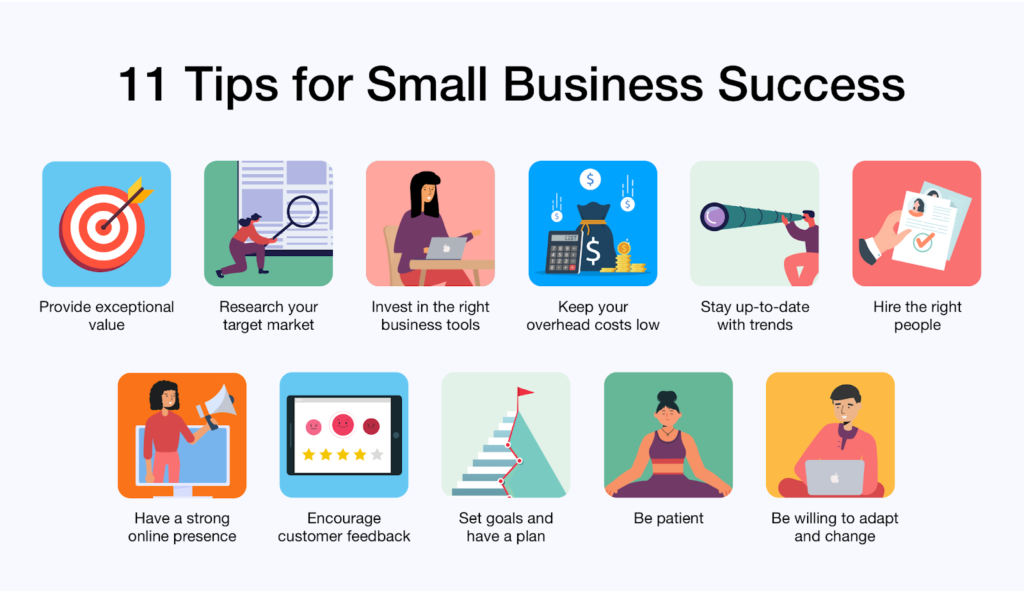

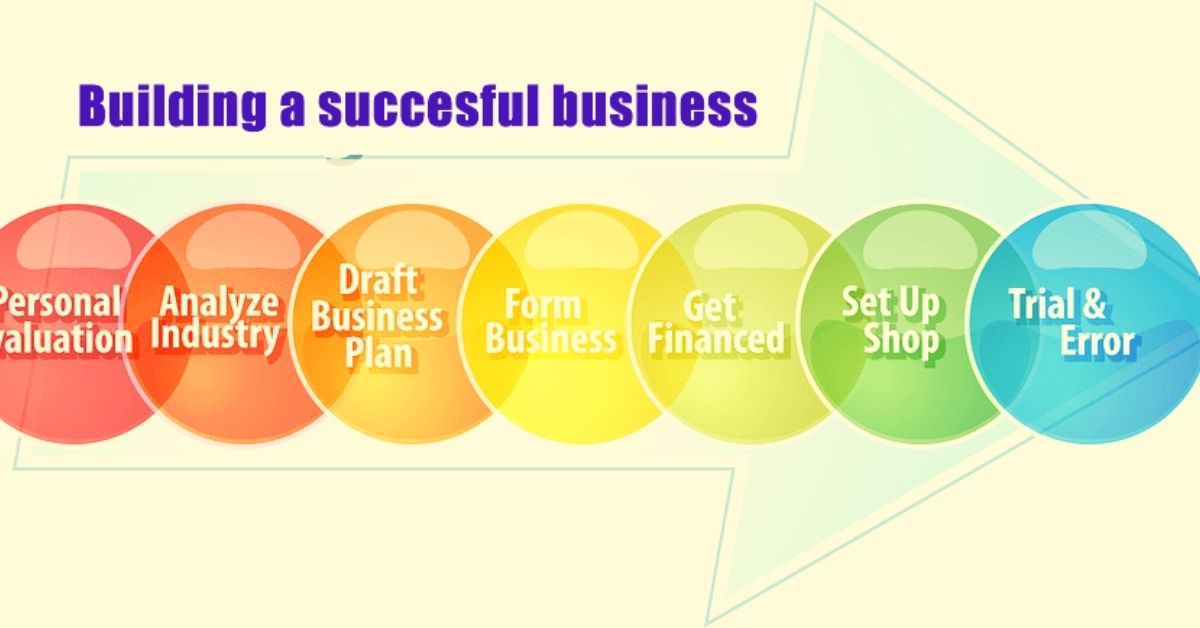


.png)

